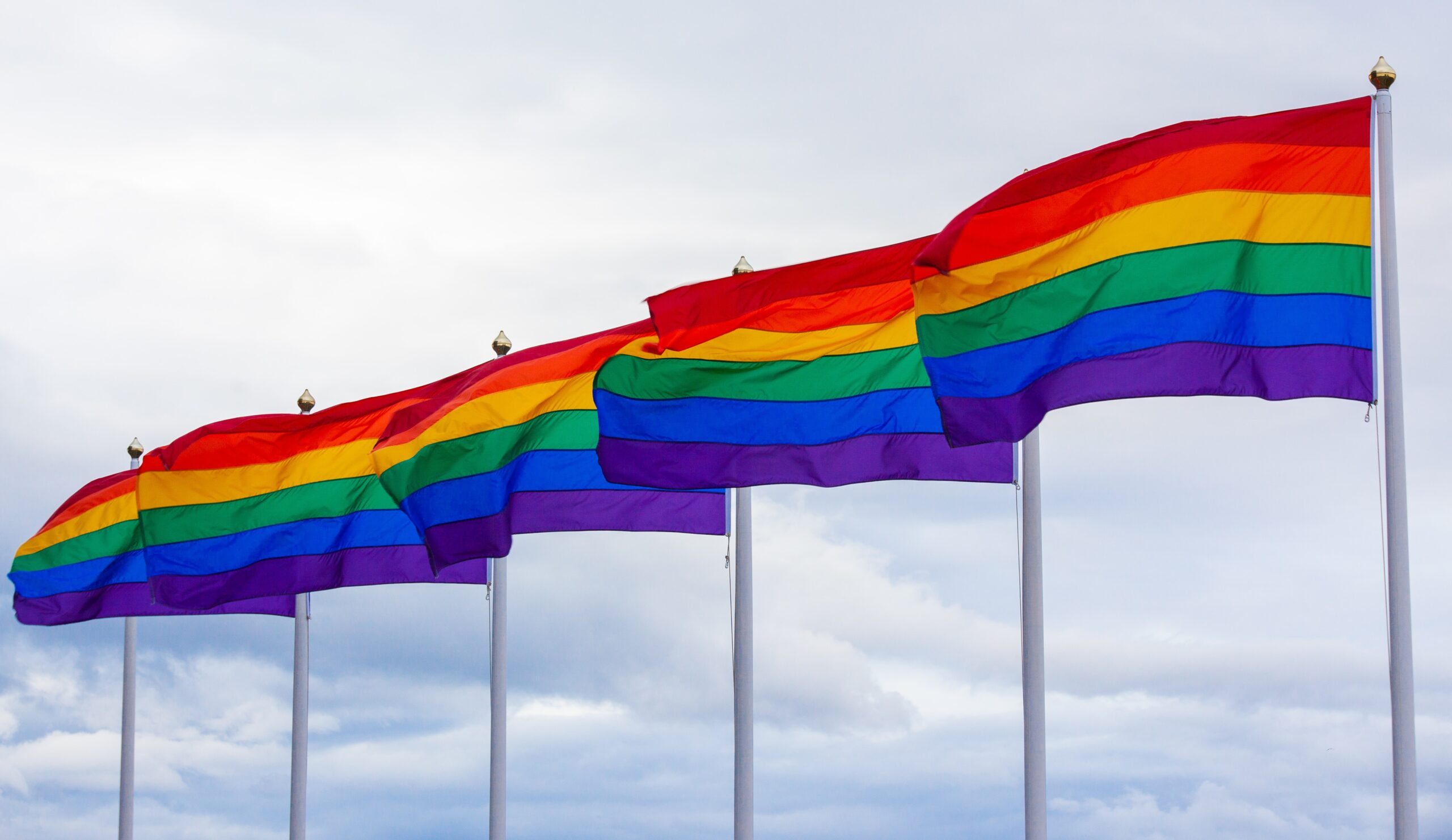Nondiscrimination policies are no bar to religious liberty, says House of Deputies president
House of Deputies President Gay Clark Jennings is the lead signer on a friend of the court brief filed Thursday with the Supreme Court of the United States. The brief, which concerns a case involving religiously affiliated child welfare agencies that refuse to place foster children with LGBTQ families, argues that the First Amendment guarantee of religious liberty is strengthened, not constrained, by nondiscrimination policies.
The brief was signed by nearly 430 interfaith leaders from across the United States, including 35 Episcopalians.
Jennings has signed several other amici briefs asserting the Episcopal Church’s support for LGBTQ equality, most recently in 2019, when she and Presiding Bishop Michael Curry were the lead signers on a brief supporting federal employment protections.
“As Episcopalians, we believe in the equality of LGBTQ families because of our faith, not in spite of it,” Jennings said. “It is a false choice to suggest that we must choose either religious freedom or solidarity with our LGBTQ siblings in Christ.”
The brief filed yesterday supports the City of Philadelphia in a suit brought against it in 2018 by Catholic Social Services and other child welfare agencies. The agencies claim that their right to the free exercise of religion allows them to refuse to license same-sex couples as foster parents under the terms of a taxpayer-funded contract. The 3rd Circuit Court of Appeals ruled in the city’s favor in 2019, and the agencies appealed to the Supreme Court.
“Any suggestion that ‘religion’ or ‘people of faith’ as a whole reject LGBT equality is false and insulting to millions of Americans of faith,” reads the brief. “And, given the broad and growing religious support for LGBT equality, any claim that enforcing anti-discrimination provisions in government contracts will discourage faith-based organizations from providing social services is, at the very least, vastly overstated.”
General Convention first called for equal protection under the law for gay and lesbian people in 1976 with Resolution 1976-A071. In 2009, the convention passed Resolution 2009-D012, which expanded the call for equal protection to include transgender people. Subsequent conventions have reaffirmed these calls.
The court is scheduled to hear oral arguments in the case on November 4. A decision is expected by June 2021.
photo credit: Jasmin Sessler, Unsplash


